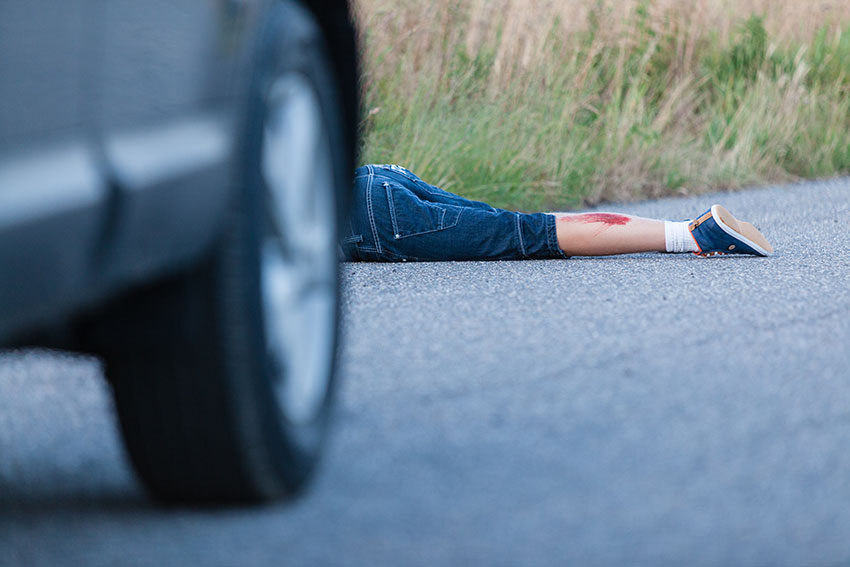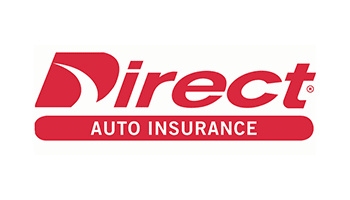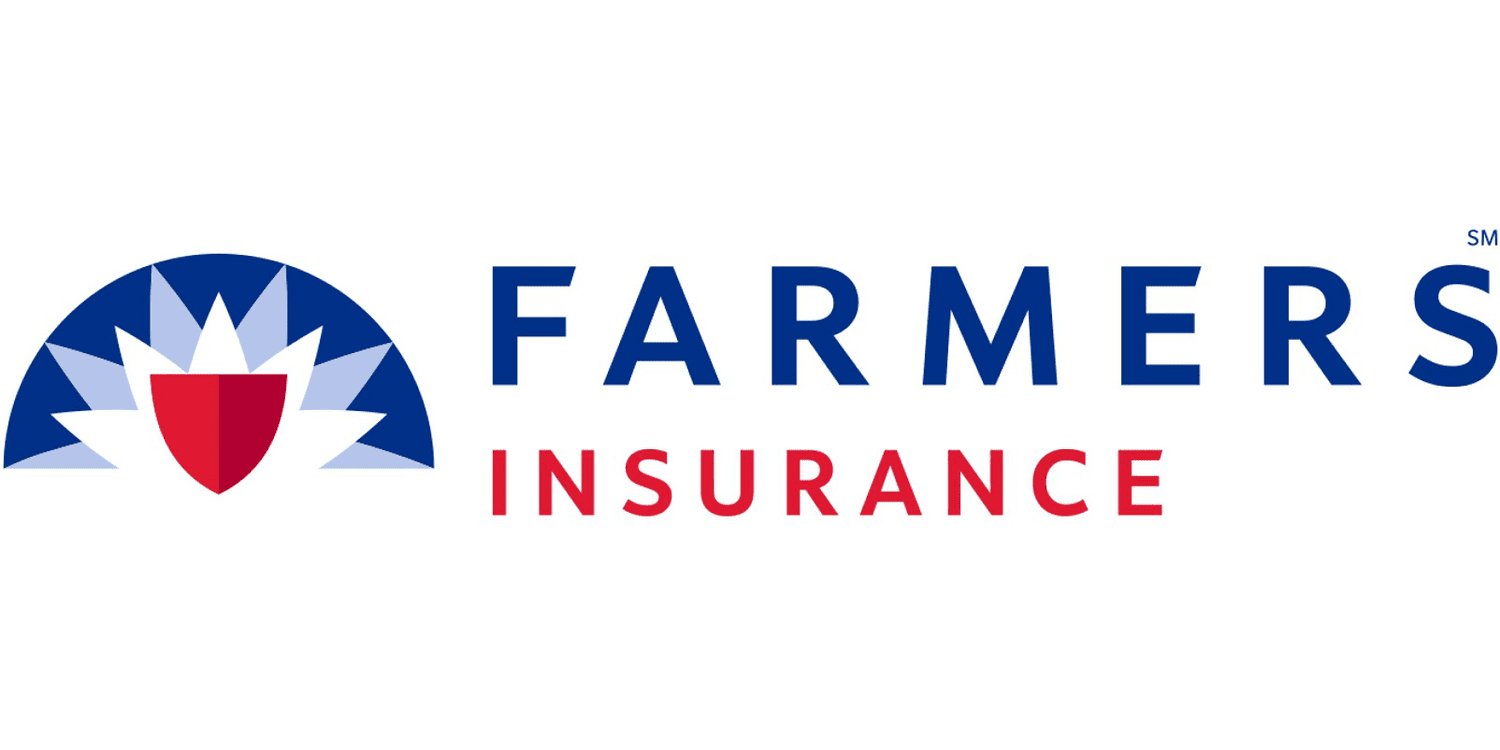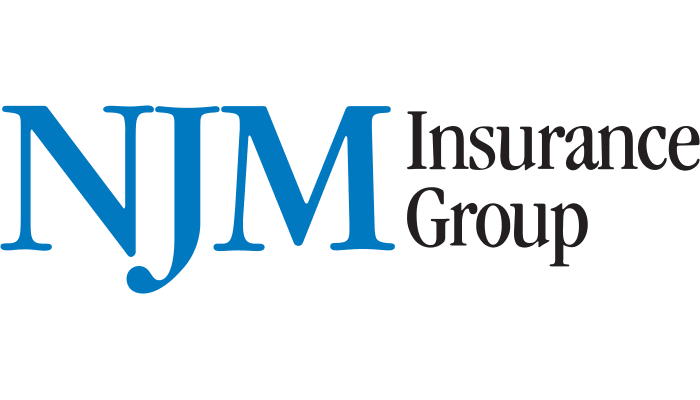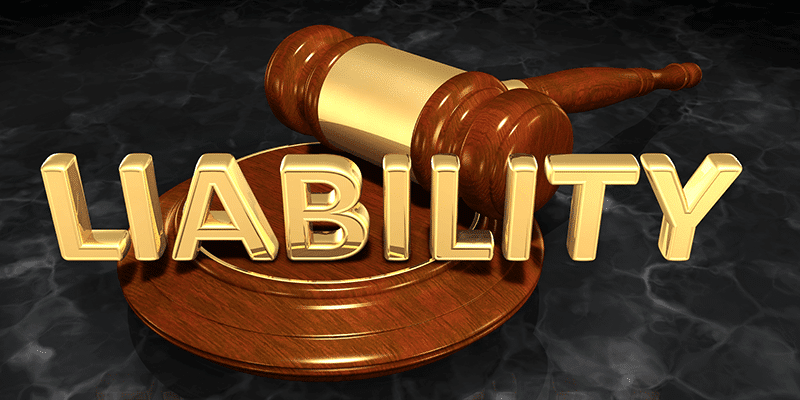
Liability
Liability is a legal concept that refers to the responsibility one party has for causing harm, damage, or loss to another party. In civil cases, liability is established when a person or entity is found legally accountable for injuries or damages caused by their actions or negligence. Liability can arise in various contexts, including personal injury, property damage, and contract disputes, and often determines the compensation owed to the injured party. At 770GoodLaw, we work to establish liability on behalf of our clients, holding responsible parties accountable and securing fair compensation for damages.
Types of Liability
Liability can take several forms depending on the nature of the incident, the parties involved, and the laws governing the case. Common types of liability include:
- Personal Liability: Individual responsibility for actions that cause harm or injury to others, often seen in cases of negligence, such as car accidents or slip and falls.
- Vicarious Liability: When one party is held liable for the actions of another, such as an employer being responsible for an employee’s negligence during the course of their work.
- Strict Liability: In certain cases, a party may be held liable regardless of fault or intent. Strict liability often applies to cases involving dangerous products, animals, or activities where a high level of care is required.
- Product Liability: Manufacturers, distributors, or sellers can be held liable if a product they made or sold causes harm due to defects, inadequate warnings, or poor design.
- Premises Liability: Property owners may be liable for injuries that occur on their premises due to unsafe conditions, such as unaddressed hazards or lack of proper maintenance.
- Contractual Liability: Liability that arises from a breach of contract, where one party fails to fulfill their contractual obligations, leading to losses for the other party.
Establishing Liability in a Legal Claim
To establish liability, the plaintiff must prove that the defendant’s actions or inactions caused the harm or loss. Key elements of proving liability include:
- Duty of Care: The plaintiff must demonstrate that the defendant had a duty to act in a way that would prevent harm to others. This duty varies based on the relationship between the parties and the circumstances.
- Breach of Duty: The plaintiff must show that the defendant breached their duty of care, meaning they failed to act responsibly or take necessary precautions.
- Causation: The plaintiff must prove that the breach of duty directly caused their injury or damages, establishing a clear link between the defendant’s actions and the harm suffered.
- Damages: The plaintiff must show that they suffered actual losses, such as medical expenses, lost income, or property damage, as a result of the defendant’s actions.
Examples of Situations Involving Liability
Liability can arise in a wide range of situations, depending on the circumstances and the actions of the involved parties. Examples include:
-
Car Accidents: A driver who causes an accident by speeding or texting can be held liable for the resulting injuries and damages to other drivers, passengers, or pedestrians.
-
Medical Malpractice: Healthcare providers can be liable for injuries caused by misdiagnosis, surgical errors, or inadequate treatment that falls below the accepted standard of care.
-
Product Defects: If a defective product injures a consumer, the manufacturer or distributor may be liable for damages, regardless of whether they intended harm.
-
Slip and Fall Accidents: Property owners may be liable if unsafe conditions on their premises, such as wet floors or poor lighting, lead to injuries.
-
Dog Bites: In many jurisdictions, pet owners are held strictly liable for injuries their animals cause, regardless of the owner’s intent or prior knowledge of the animal’s behavior.
Potential Defenses to Liability
In some cases, the defendant may argue that they are not liable or that the plaintiff shares responsibility for their own injuries. Common defenses to liability include:
-
Comparative Negligence: The defendant may argue that the plaintiff’s own actions contributed to their injuries, which can reduce the compensation based on the plaintiff’s share of fault.
-
Assumption of Risk: If the plaintiff willingly engaged in a risky activity and was aware of the potential for injury, the defendant may claim that they assumed the risk and cannot hold the defendant liable.
-
Lack of Causation: The defendant may argue that their actions were not the direct cause of the plaintiff’s injuries, challenging the link between their behavior and the harm suffered.
-
No Duty of Care: In some cases, the defendant may claim they did not have a legal obligation to prevent harm to the plaintiff, especially if no formal relationship existed.
How 770GoodLaw Assists Clients with Liability Claims
At 770GoodLaw, we understand that proving liability is critical to obtaining compensation in personal injury and civil cases. Our team thoroughly investigates each case, gathers evidence, and builds a strong argument to establish liability and hold responsible parties accountable. Our approach includes:
- Assessing Duty and Breach: We analyze the case to determine if the defendant owed a duty of care and if they failed to meet that obligation, strengthening the foundation of our client’s claim.
- Gathering Evidence of Causation: Our team collects medical records, accident reports, expert testimony, and other documentation to clearly link the defendant’s actions to our client’s injuries.
- Defending Against Liability Challenges: If the defendant raises defenses to reduce their liability, we counter these arguments, advocating for full and fair compensation.
- Negotiating Settlements and Court Representation: We work to secure fair settlements with insurers or represent clients in court to achieve justice and compensation for their losses.
Importance of Legal Representation in Liability Cases
Navigating liability claims requires an understanding of legal principles, evidence requirements, and effective advocacy to establish fault. Skilled legal representation ensures that clients’ rights are protected, that they receive fair compensation, and that all liable parties are held accountable. At 770GoodLaw, we provide dedicated support for clients in liability cases, guiding them through each step of the process with professionalism and care.
Why Choose 770GoodLaw for Liability Claims
Our commitment to Relentless Reliability and Sincetegrity drives us to provide comprehensive, client-focused support in liability claims. At 770GoodLaw, we work tirelessly to prove liability, protect our clients’ rights, and secure the compensation they need to recover and move forward.

